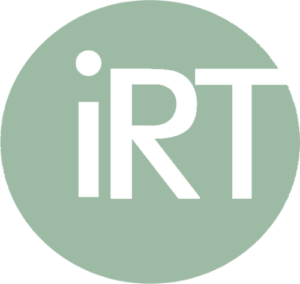Keepin’ it REAL is a multicultural, school-based substance use prevention program for students 12-14 years old. Trained classroom teachers lead students through a 10-lesson narrative and performance-based curriculum, which draws from communication competence theory and a culturally grounded resiliency model to incorporate traditional ethnic values and practices that protect against substance use. The overall goal is to help students assess the risks associated with substance use, enhance decision-making and resistance strategies, improve anti-drug normative beliefs and attitudes, and reduce substance use.
LifeSkills Training
LifeSkills Training (LST) is a school-based prevention program for elementary, middle, and high school students. Teachers lead students through discussion, group activities, and role-playing scenarios that focus on personal and social skills that build resilience and help youth navigate developmental tasks, especially understanding and resisting the influence of drugs. The overall goal is to prevent alcohol, tobacco, and marijuana use and violence among youth.
Brief Marijuana Dependence Counseling
Brief Marijuana Dependence Counseling (BMDC) is a therapeutic treatment approach designed for adults with a diagnosis of cannabis dependence. BMDC is implemented by social workers, counselors, or psychologists as a 9-session multicomponent therapy that includes elements of motivational enhancement therapy (MET), cognitive behavioral therapy (CBT), and case management. The overall goal is abstinence from marijuana.
All Stars
All Stars is a school-based prevention program for middle school students. Teachers lead a series of 13 interactive weekly sessions that focus on five topics: (1) developing positive ideals; (2) creating a belief in conventional norms; (3) building strong personal commitments to avoid high-risk behaviors; (4) bonding with school, prosocial institutions, and family; and (5) increasing positive parental attentiveness. The overall goal is to prevent and delay the onset of high-risk behaviors such as drug use, violence, and premature sexual activity.
Cocaine-Specific Coping Skills Training
Cocaine-Specific Coping Skills Training (CST) is a therapeutic treatment approach designed for adult cocaine users. Participants work with a trained psychologist individually or in a group, learning skills and behaviors to reduce and avoid drug use. CST is delivered in up to eight 45-minute sessions three to five times a week. The overall goal is abstinence from cocaine and alcohol.
Chestnut Health Systems – Bloomington Adolescent Outpatient and Intensive Outpatient Treatment Model
Chestnut Health Systems- Bloomington Adolescent Outpatient and Intensive Outpatient Treatment Model is a therapeutic intervention designed for youth ages 12 to 18 who meet the American Society of Addiction Medicine’s criteria for Level I or Level II treatment placement. Treatment includes a 14-week skill-building group, weekly group counseling sessions, and an individualized treatment plan. The overall goal is behavioral and emotional change that leads to abstinence from alcohol and drugs.
